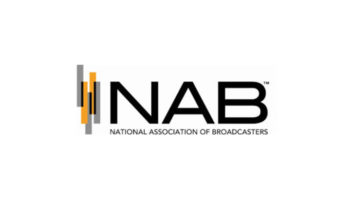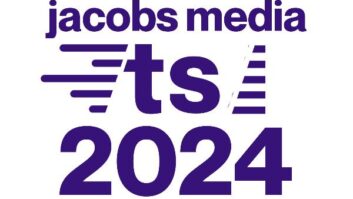The year that’s coming to a close has been a momentous one, but it contained much that most of us simply are glad to have now put behind us.
For example, regardless of your feelings about the outcome of the presidential election, it’s nice to have that process over with. And few would like to see the economy’s performance in the fourth quarter stick around.
In fact, so much of importance happened late in the year that we may not be far enough away from it yet to assess it properly. But we almost undoubtedly will look back at 2008 primarily as the year Barack Obama was elected president and the year the market crashed (again) — hopefully in that order.
Closer to home, though, what else happened in 2008?
Objects may appear larger than they are
In the radio business, one big story was the approval of the satellite radio merger — although the merged company’s subsequent financial problems may already be eclipsing that event. A reverse stock split (1 for 10, 1 for 20, or perhaps even higher) has been proposed to get the company’s share price back above $1. More debt problems and litigation from disgruntled stockholders are likely to follow. Thus the merger has not yet brought happy times to satellite radio, and it’s unclear whether it ever will.
The National Association of Broadcasters has had a tough year, too. After putting its big guns on the line against the satellite radio merger and coming up empty, it pushed hard against unlicensed devices in DTV white spaces and whiffed there, too. In the past, if NAB’s position wasn’t fully upheld, it could at least soften the blow by forcing compromise. But in both of these cases the legendary lobby was almost completely shut out, with their opponents winning on practically every point.
Speaking of Washington, there’s already plenty of speculation on what the new government will bring for broadcasters. We’ll have to wait for this to play out, but rest assured, we’ll be watching closely here and will bring you our analysis as it happens.
Another area of attention will be how the credit crisis affects radio. The big story at the moment appears to be how the major station groups will fare regarding their debt loads. Something not widely known until recently is that most of these groups’ credit agreements include covenants with limits on how much they can borrow against their current earnings. As advertising revenues decline, some of these groups are coming perilously close to those limits. If these agreements are not renegotiated, some groups may be forced to liquidate assets.
Perhaps this is the market’s own way of placing new caps on media ownership. At least it may save regulators the trouble.
Keep the windshield clean

The new year will see some dramatic movement in venues adjacent to radio.
Most notably of course is the end of analog television broadcasting early in the year, with some interesting business adjustments likely thereafter. Meanwhile the music industry continues along its rocky path, and further contraction is likely to occur there.
While on the subject of music, one bright spot in 2008 was the introduction of music “tagging” during radio broadcasts, for both HD Radio and FM (the latter via RBDS RT+).
This could usher in a new measure of corporate synergy between the music and radio industries. This will be another area to watch in 2009 and beyond.
Finally, there’s one thing I wish I could put on this year’s In/Out list, but I can’t, not yet at least. It’s an idea inspired by my longtime friend and colleague Jay Allison in his introduction to the book “This I Believe II,” and with which I agree. In our list lingo, it would read, OUT: Talk radio fear-mongering; IN: Talk radio thoughtfulness.
There’s certainly some talk radio programming that already qualifies as the latter, of course, mostly at the left end of the dial, but the bulk of the genre still seems rooted in the former. We can only hope to see such an entry finally make it to the list in the future.
Ultimately 2008 may be remembered less for what it was itself than for the era that it brought to a close. It’s likely that the first eight years of the current millennium will be equated historically with the Harding or Hoover administrations, particularly if the period that begins in 2009 follows suit as a substantially improved time.
But we’re not done with 2008 yet. So until then, put the top down, turn up the radio and drive as fast as you can toward Jan. 20.
Skip Pizzi is contributing editor of Radio World. RW welcomes other points of view. Comment on this or any article to [email protected].












